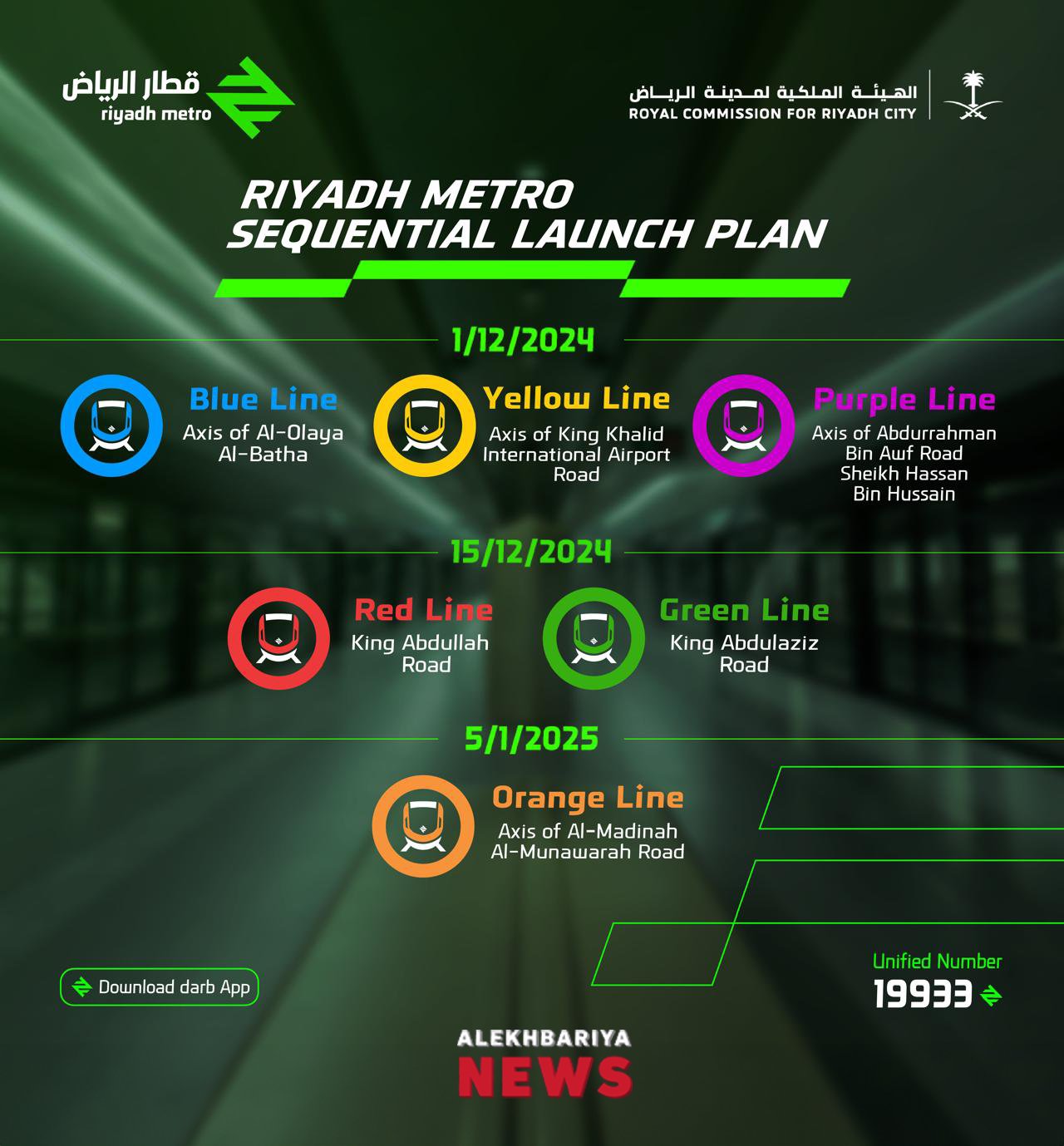RIYADH: Russian team Spiderweb Network has won first place in the second Arabic Hackathon, scooping a prize of SR150,000 ($39,994) for their innovative idea.
Their project proposed an automatic enrichment system for the “Riyadh Dictionary” using three knowledge sources — the Arabic language expert community, artificial intelligence, and dictionaries found on the web.
An awards ceremony hosted by the King Salman Global Academy for Arabic Language honored the top three teams in the event, which aims to enhance the dictionary with innovative applications and new ideas.
This global technical challenge is aimed at individuals and organizations with technical and linguistic skills from all over the world. Teams develop innovative technical solutions and digital platforms for automatic Arabic language processing to enhance its status among the world’s living languages.
Second place went to the Pioneers of Intelligence, a joint Algerian-French team who received SR100,000. Their project focused on using AI to provide terms and definitions from specialized fields in a fast and effective way, with the possibility of creating specialized lexicons such as the “Riyadh Medical Dictionary.”
The Saudi-Egyptian Arabic Examples team took third place and a prize of SR50,000 with their idea for an AI system that provides appropriate examples for the meaning of each word.
The second edition of the challenge saw a total of 546 participants, 57 percent of whom were female and 43 percent male, representing 30 countries in 142 competing teams.
Abdullah Al-Washmi, Secretary-General of the King Salman Global Academy for Arabic Language, highlighted the establishment’s commitment to promoting the use of the Arabic language and launching supportive initiatives.
The closing ceremony was accompanied by activities such as an exhibition by the Arabic Intelligence Center, which was launched in April and specializes in automated Arabic language processing.
The center includes several initiatives, such as: the “Suwar” platform for digital dictionaries, “Falak” for digital corpora, and the Riyadh Dictionary for Contemporary Arabic Language.
Al-Washmi said the center represented a significant leap in the digital transformation of Arabic language services by developing technologies that aided its use, analysis, understanding, and production.





























